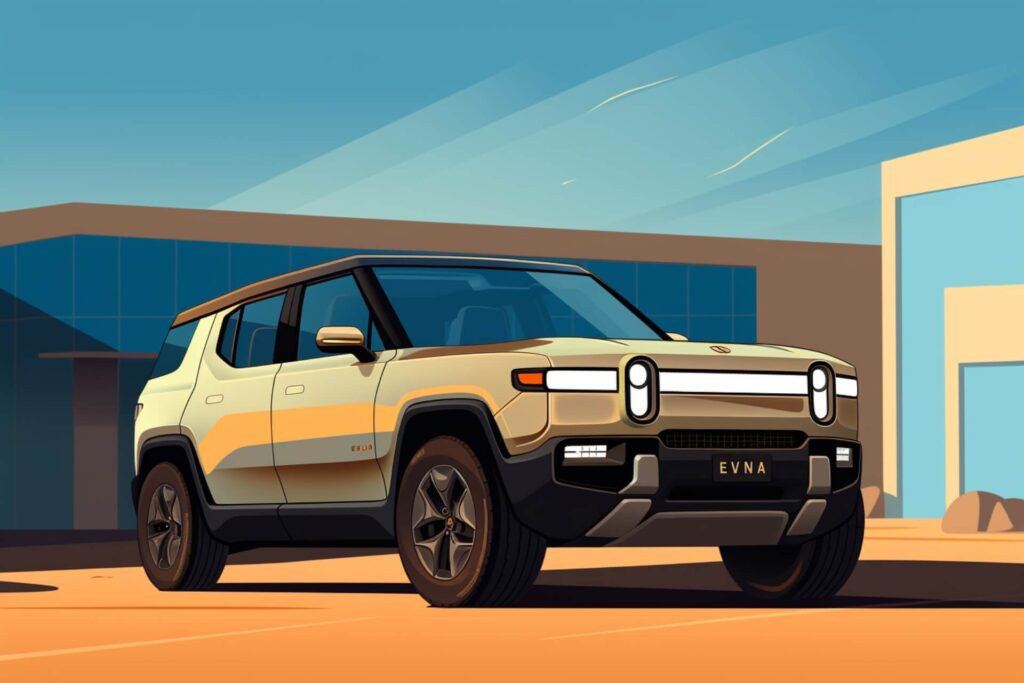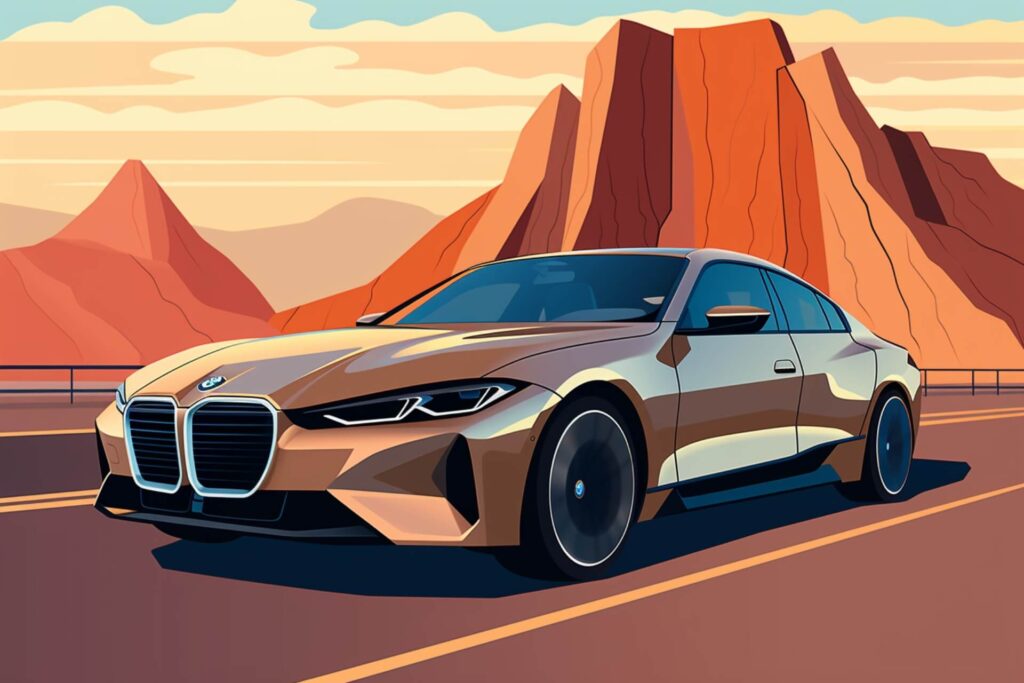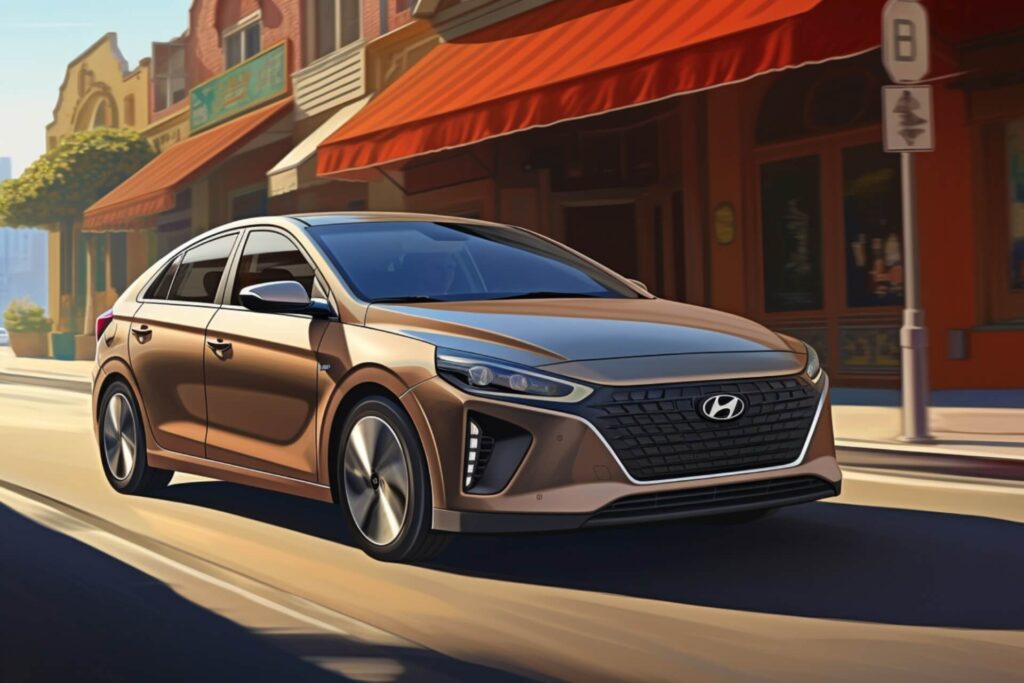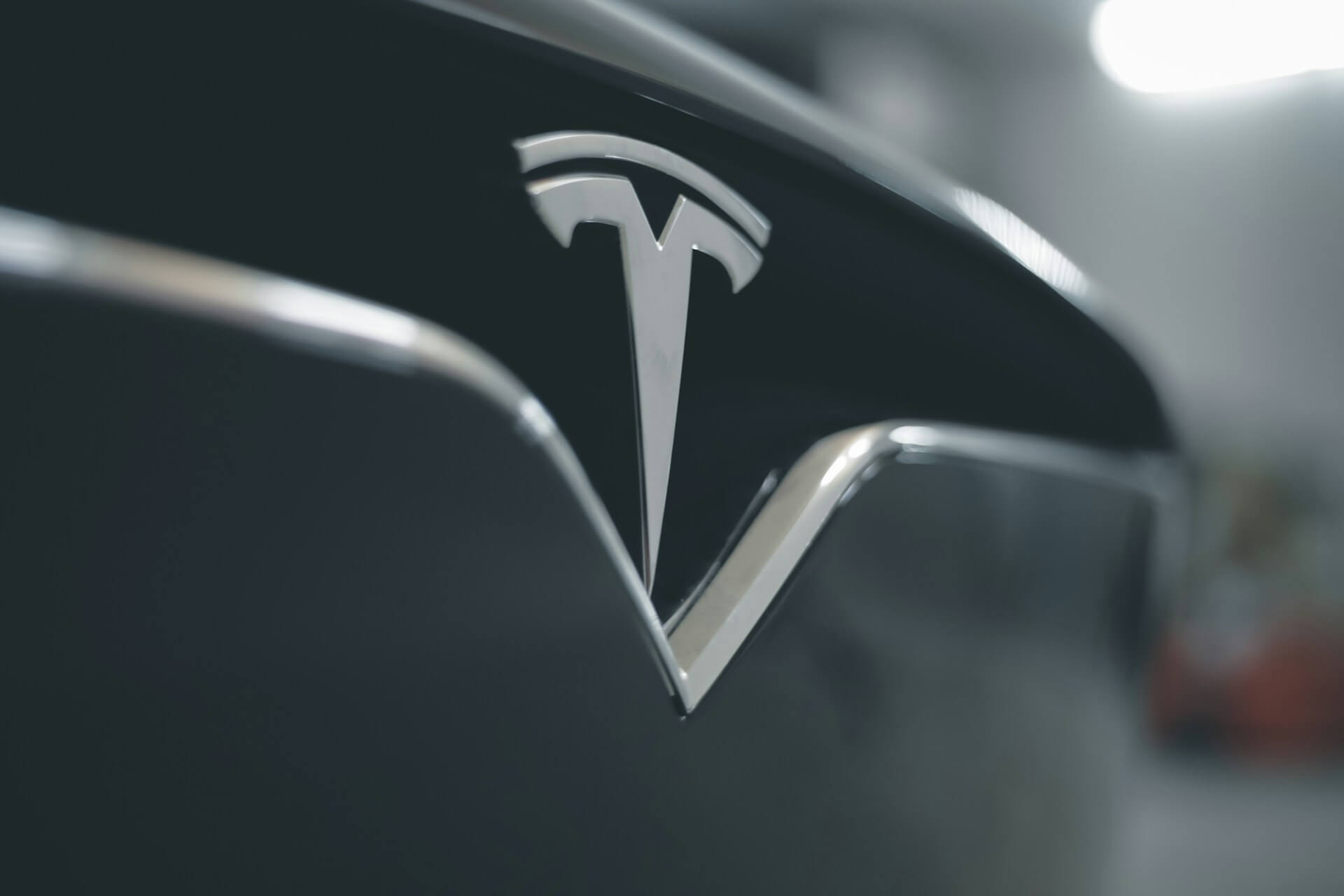10 Automakers With Sustainable Practices in 2024
Jul 27, 2023

As an Amazon Associate, Modded gets commissions for purchases made through links in this post.
Electric vehicles (EVs) are increasingly popular among the public. Manufacturers are building these state-of-the-art cars to reduce their ecological footprint as the effects of climate change loom large. However, EV production is only one part of sustainable practices in the automotive industry.
How do the manufacturers power their facilities? Where do they source materials? Here are ten automakers demonstrating sustainable practices in 2024.
1. Tesla
Tesla has been a leader in automotive sustainability since unveiling the all-electric Roadster in 2008. Nowadays, it produces cars like the Model 3, Model S, Model X and Model Y — all of which have zero emissions from its electric powertrain.
The automaker has its eyes on 2030 for a collection of goals:
- Achieving carbon neutrality for all operations
- Sustainably source all battery materials
- Supply 1,500 gigawatt-hours of energy
- Produce 20 million EVs annually
In 2021, Tesla manufactured 936,000 vehicles — an 82% increase from 2020.
2. Rivian
Rivian is another relative newcomer to the market, starting in 2009. The California-based automaker currently has two vehicles on the market, the R1T and R1S, and looks to become a major player in the EV market.
Rivian seeks carbon neutrality in its operations by 2028 and its entire supply chain by 2032. The automotive sustainability initiatives also include powering its facilities with 100% renewable energy by 2025 and cutting water usage in half by 2030.

3. Audi
Audi’s EV history dates back to 1989, when it unveiled a hybrid-electric vehicle called the Duo. By 2019, the German luxury vehicle manufacturer sold its first fully electric car, the Audi e-tron.
Audi’s sustainability automotive goals include company-wide carbon neutrality by 2050, with production facilities achieving this standard by 2025. In the short term, the manufacturer says 30% of its vehicles will be all-electric or a plug-in hybrid by 2025. Audi plans to offer a fully electric machine in each core segment of its vehicle lineup by 2027.
4. General Motors
General Motors (GM) owns iconic brands like Chevrolet and Cadillac, and the Detroit-based manufacturer is bringing sustainable practices to all its brands. For example, Chevrolet plans to produce EV versions of the Camaro, Corvette and Silverado as soon as this fall.
The automaker as a whole has aggressive plans for sustainability. GM initially planned 2050 as its target for 100% renewable energy in its facilities, but it moved the goal to 2025. By 2035, GM plans to have an all-electric lineup by 2035 and globally by 2040.
5. Ford
GM’s direct competitor in Michigan is Ford — a company with a history of automotive sustainability initiatives. In the early 1940s, the Ford Motor Company displayed a plastic car made from soybeans at a festival.
Nowadays, Ford has sustainability goals like using locally sourced renewable energy in its plants by 2035 and removing single-use plastics by 2030. The company says it will become carbon neutral in all its facilities by 2050. You can already see Ford’s EV influence with the F-150 Lightning and the Mustang Mach-E.
6. Toyota
Toyota is no stranger to sustainability in the automotive industry. The Japanese manufacturer introduced the Prius in the late 90s, creating the world’s first hybrid-electric vehicle. In 2022, Toyota sold its first EV, the bZ4X, amid its global sustainability goals.
The bZ4X is only the beginning for Toyota, as it will introduce 30 EVs by 2025 and produce an entirely electric fleet by 2035. In the long term, Toyota aims to power its facilities with renewable energy by 2040 and achieve global carbon neutrality by 2050.
7. BMW
BMW has risen in the sustainability automotive market with multiple EVs like the i4, i5, iX and i7. These vehicles eclipse a 300-mile range with their batteries, allowing customers to ride in style with electric cars.
BMW aims to reduce its carbon dioxide (CO2) emissions by 40% by 2030, including its supply chain and production phases. By 2035, BMW wants its vehicles to be 100% recyclable. Another 2030 goal for BMW is to make half of its lineup fully electric by 2030.

8. Honda
Honda is already seeing success in the EV market with its e model and plans to release the Prologue — a mid-size SUV — later this year. You’ll see more electric Hondas on the road as the automaker’s sustainability goals include 40% EVs by 2030 and 100% by 2040.
2050 is the target date for Honda’s more extensive sustainability goals. For example, the Minato-based manufacturer plans to transition to carbon-free energy and ensure 100% resource circularity with its materials. Honda plans to shorten its supply chain by producing solid-state batteries for its vehicles instead of relying on outsourcing.
9. Nissan
In 2023, the Leaf and the ARIYA lead Nissan’s EV fleet, giving consumers a compact car and a crossover SUV. Nissan plans to release 15 EVs and 23 electrified models by 2030 for its Nissan Ambition 2030 program.
Nissan has two primary goals it wants to achieve by 2050: achieving carbon neutrality through each vehicle’s life cycle and reducing vehicle fatalities to zero. In the short term, Nissan aims to have a fully electric lineup by 2030 in all regions.
10. Hyundai
Hyundai has been a pillar of sustainability in the automotive world through efficient machines like the IONIQ. This fall, Hyundai will expand its electric fleet with the KONA Electric, an SUV with a 258-mile range estimated by the EPA.
The South Korean automaker has set 2045 as its goal for carbon neutrality throughout its operations. By 2030, Hyundai aims to achieve zero emissions from 30% of its vehicles. The manufacturer wants 80% of its fleet to be EVs or hydrogen-powered cars by 2040.

Sustainable Practices in the Automotive World
Cars and trucks are necessary machines worldwide, but their environmental impact has become a significant concern. Numerous manufacturers are switching to EVs or hydrogen vehicles because they’re better for consumers and the environment. These ten companies demonstrate sustainability in the automotive industry.





